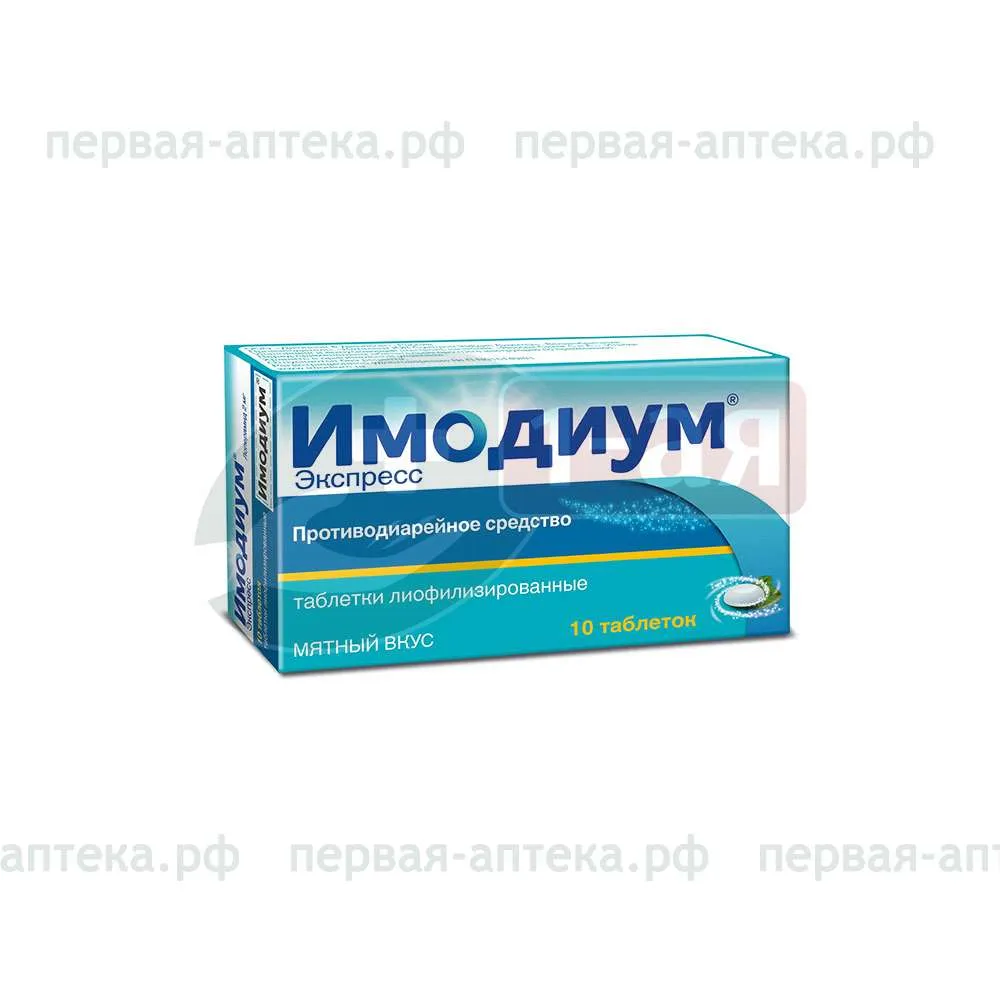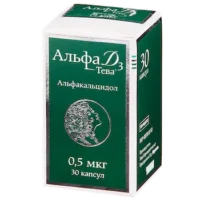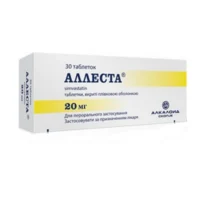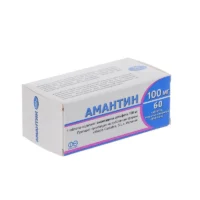Description
Imodium Express Tablets 2 mg. №6
Composition
Each tablet contains 2 mg of Loperamide Hydrochloride as the active ingredient.
Mechanism of Action
Loperamide Hydrochloride acts on the opioid receptors in the gut, slowing down peristalsis and increasing the time it takes for material to pass through the intestines. This results in more water being absorbed from the stool, leading to firmer stools and a reduction in diarrhea frequency.
Pharmacological Properties
Imodium Express tablets containing Loperamide Hydrochloride exhibit antidiarrheal effects by decreasing gastrointestinal motility and increasing the absorption of electrolytes and water in the intestines.
Indications for Use
Imodium Express tablets are indicated for the symptomatic treatment of acute episodes of diarrhea in adults and children over 12 years old.
Contraindications
Imodium Express tablets should not be used in cases of bacterial enterocolitis or pseudomembranous colitis. Patients with a known hypersensitivity to loperamide or any other component of the formulation should also avoid its use.
Side Effects
Common side effects of Imodium Express tablets may include constipation, abdominal pain, nausea, and dizziness. In rare cases, severe allergic reactions or paralytic ileus may occur.
Usage Instructions
The recommended dosage for adults and children over 12 years old is 2 tablets initially, followed by 1 tablet after each loose stool. The tablets should be swallowed whole with water and not chewed. It is important to follow the dosage instructions carefully.
Benefits Compared to Analogues
Imodium Express tablets provide rapid relief from diarrhea symptoms due to the fast-dissolving formulation of loperamide. Compared to traditional antidiarrheal medications, Imodium Express offers quick action and convenient dosing for on-the-go relief.
Suitable Patient Groups
Imodium Express tablets are suitable for adults and children over 12 years old. Special caution should be taken when administering to elderly patients or individuals with liver dysfunction, as they may require adjusted dosages.
Storage and Shelf Life
Store Imodium Express tablets at room temperature away from moisture and heat. Keep the tablets in their original packaging to protect them from light. Check the expiration date on the packaging and do not use expired tablets.
Packaging Description
Imodium Express tablets are typically packaged in blister packs containing 6 tablets each. The packaging is designed to maintain the integrity of the tablets and provide convenient dosing for users.
Clinical Evidence and Proven Effectiveness
Studies have demonstrated the effectiveness of Loperamide in reducing the frequency and volume of stools in patients with acute diarrhea. The mechanism of action of Loperamide has been well-documented, showing its ability to improve symptoms of diarrhea rapidly and efficiently.





